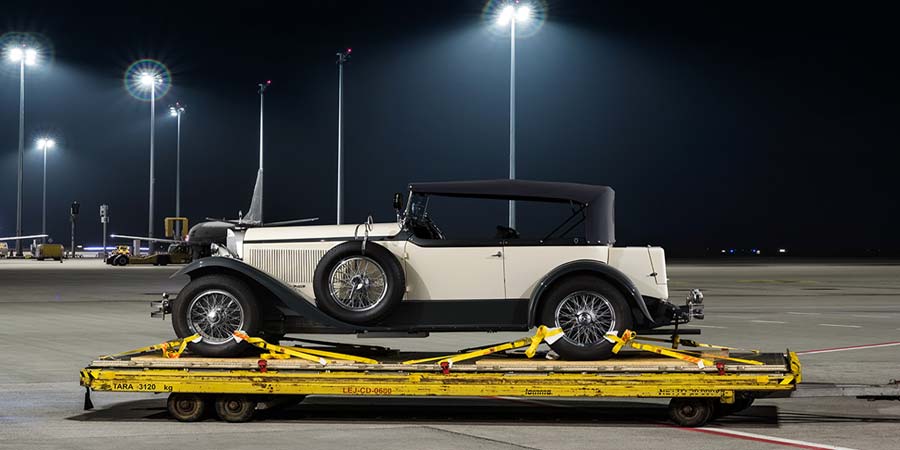If you have a prestige car and need to freight it to another destination, choose a trustworthy and reliable transport company that offers the kind of service you would expect for such a car. After all, it is worth quite a lot of money and needs to be treated with kid gloves to keep it in pristine condition.
Here are 8 tips for transporting a prestige or collectible car
- Research the transport company carefully. It is not only about cost, but for kind of care your car needs to keep it in good condition. Not all such companies will take vehicles that are prized collection pieces due to the potential cost to them if it gets damaged. Use a company that has experience in transporting prestige cars as they will have everything necessary to protect your car from damage.
- Find a company that offers enclosed transport. This will protect your precious car from the weather and from the dirt and debris it is likely to get covered with on a long journey. It will also give you peace of mind, knowing your precious possession is safe. It is especially essential for vintage cars that are normally open to the weather to be protected on a long journey, otherwise the interior can sustain a lot of damage.
- Clean the car inside and out, removing any dirt from the undercarriage and from the tyre treads.
- Don’t leave anything such as paperwork or personal possessions inside the car as freighters won’t take responsibility for it. The people who load and unload your vehicle may not even work for them.
- Remove any bonnet ornaments and spoilers as these can be damaged easily.
- Take note of any damage it has sustained up to the sending date and write it down so you don’t forget. Then you’ll have a better idea of what damage – if any – it has sustained on the trip.
- Take photos of the car inside and out just before it is loaded. This will ensure added proof of its condition in case of damage. Take more photos when the car arrives at its destination so you can compare them.
- Always have your own insurance for the car in transit, don’t depend on the transporters for it. Of course it is also necessary for the transporter to have insurance too. Any business that is serious about staying the course will have the proper insurance.
- Check with the company about the amount of fuel they require. Generally speaking you won’t need to have the fuel tank any more than one quarter full, due to the extra weight it will cause. At a minimum you’ll need enough to get the car to the depot and loaded, then unloaded and to its final destination.

